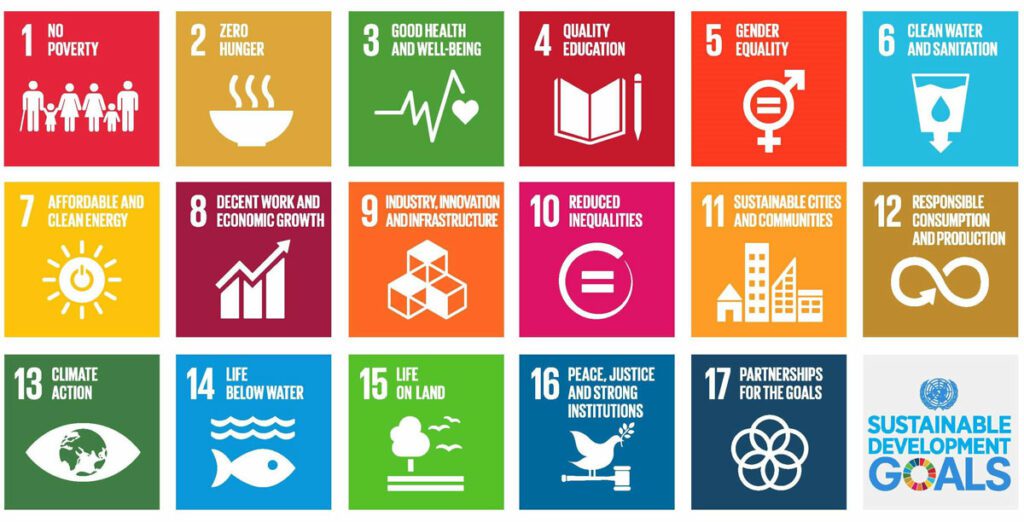
by Lauren Richardson
Sustainability Associate at Green Badger
GBCI Pro Reviewer
The Growth of ESG and Sustainable, Impact Investing
Impact investing has exploded over the past few years with investors putting a lot more money into ESG funds. According to the US SIF Foundation, total U.S. investments using sustainable, responsible and impact (SRI) strategies grew from $12.0 trillion at the start of 2018 to $17.1 trillion at the start of 2020, a 42 percent increase.
Here are the stats:
- 42% increase between 2018 and 2020
- 4-fold increase since 1995
- represents about one of every 3 dollars under professional management
- actively growing at double-digit rates
The U.S. Securities and Exchange Commission is also taking steps toward broader reform and working toward a comprehensive ESG disclosure framework and pursuing initiatives such as human capital disclosure to encourage the reporting of specific metrics like workforce diversity and more specific rules or guidance on board diversity. ESG reporting data has become a standard in commercial real estate, and is now being driven into construction and development related activities. To learn more about the growing importance of ESG reporting in the construction industry, check out this post.
Impact Investing and Corporate ESG (Environmental, Social and Governance): 6 ways that ESG Reporting Benefits Companies
Companies that improve labor conditions, enhance the diversity of their workforce, give back to their communities, and take a stand on sustainable environmental policies also strengthen their brand. Companies are moving away from shareholder value, where a firm’s success is measured by how well it created returns for shareholders toward stakeholder value, where they are required to maximize value for all stakeholders (customers, employees, community, etc) as a basis for their business decisions.
1. ESG Investors are there for the Long-term
ESG investors are values-based investors who are more interested in what happens during the next decade than the next quarter. They understand that change takes time, making it possible for meaningful policies to be put into place and they are more interested in building long-term value over a multi-year period than in flipping the stock in the near term. In essence, they work alongside a company to strengthen it.
2. Strong ESG programs can increase stock liquidity and performance
Money flows towards companies with strong ESG programs and practices. Many investment firms are also using ESG evaluations in their portfolio risk assessment, indicating that investors view ESG performance as an indication that a company is resilient. According to a study conducted by BofA Global Research, investors that invest in companies with above average social and environmental rank, have been noted to avoid over 90% of bankruptcies.
3. ESG initiatives can increase a company’s competitive edge
Companies that can adapt to changing economic and environmental conditions are better able to create opportunities and meet competitive challenges.
4. Millennials are Employees, Investors, and Consumers
Millennials care deeply that the companies they work for (and the businesses they support) embrace ESG values, like they do. As millennials become employees, consumers, and investors, they pay attention to good companies and reward them with loyal purchasing and investing.
5. Keep Activists at Bay
Whether fair or not, ESG activists target companies that fail to take a proactive stance on potential environmental or social issues. Companies that proactively address ESG issues can set the bar for the entire industry and at the same time help immunize themselves against activist intervention.
6. Companies that embrace ESG values attract and retain the best talent.
Companies that offer value to society inspire their employees. In return, the companies potentially keep employees who are more passionate, loyal, productive, and innovative. They further benefit from the intangible good will that strengthens the company’s brand. The construction industry, in particular, is challenged to recruit skilled labor and attract new talent.

Examples of ESG in terms of the United Nations Sustainable Development Goals:
Climate
- Jeff Ubben, CEO of ValueAct Capital, joined the board of energy company AES Corporation to help continue the company’s transition to clean and renewable energy sources (following divestiture of its coal assets).
- Mace Group reduced its carbon emissions in 2020 by 50 percent. diverted 200 tons of waste timber to alternative uses and convinced many of its largest suppliers to switch from single-use plastic packaging to paper-based alternatives.
Oceans
- The Marine Stewardship Council influences the entire supply chain including everything from sustainable fishing practices to sustainable consumer choice. They offer a blue label for products that meet their standards.
Land
- The production of palm oil has destroyed vast amounts of natural wildlife habitat . Unilever, with over 80,000 suppliers, is working with partners to create a deforestation-free supply chain by 2023.
Gender equality
- Wynn Resorts increased the number of women on their board from one to four. With a board that is 36% female, Wynn is now in the top 40 S&P 500 companies in terms of female board representation.
Decent work
- Walmart engaged stakeholders to address a talent shortage. They found that ⅔ of their employees faced fundamental literacy gaps. Walmart invested a great deal of money in training associates and making sure they had a livable wage.
Possible Broad Changes to ESG Reporting
Regulators are pushing to improve ESG disclosure. The Securities and Exchange Commission (SEC) is deciding if they should require that funds disclose ESG performance data. This means that managers would need to back up claims about their ESG investments.
Specific Changes to ESG Reporting
- The Carlyle Group Inc. and the California Public Employees’ Retirement System, agreed to standardize how they score and report their ESG performance
- The Ford Foundation, S&P Global, Hamilton Lane and Omidyar Network are backing the venture to gather and share data related to environmental, social and governance performance
- Consulting firms like Sustainanalytics and MSCI have developed indices that measure and rank companies based upon ESG criteria relative to their industry peers.
- Several groups have released guides for how to report ESG data





